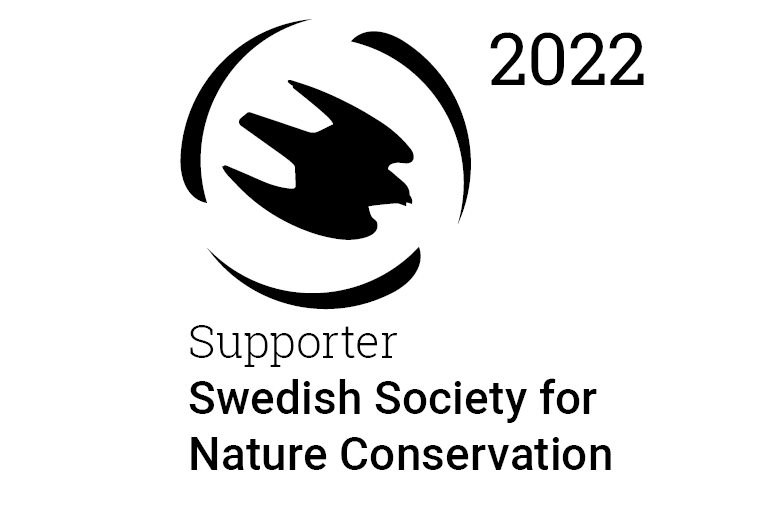News Details

Anvisa's Latest Guidance on Food Contact Materials and Sustainable Practices
In its continuous efforts to ensure the safety of food contact materials and promote sustainability in the industry, the Brazilian Health Regulatory Agency (Anvisa) recently published the 6th edition of its "Questions and Answers" document. This update addresses changes resulting from regulatory updates and aims to provide clearer guidance on materials in contact with food.
New Inclusions and Sustainability Focus
The updated document includes new questions covering a range of topics such as chemical recycling of plastic materials, biodegradable or compostable packaging, references for updating positive lists, and more. One particularly relevant aspect highlighted in Question 22 centers around sustainability, aligning with the broader goals of the National Solid Waste Policy (Law 12.305/2010) and the National Solid Waste Plan (Planares).
Circular Economy and Recycling Initiatives
The Planares emphasizes actions related to the circular economy, which prioritizes reduction, reuse, and reintroduction of materials, reducing pressure on natural resources, greenhouse gas emissions, and waste generation. Despite a 22.10% recycling rate of plastic waste from packaging in 2018, challenges persist, especially in the flexible materials category.
The Brazilian Chemical Industry Association (Abiquim) notes the success of mechanical recycling in Brazil but highlights obstacles, particularly in the food and beverage market, which represents almost 30% of the global polyolefin market. To address these challenges, the document advocates for the essential role of chemical recycling in recycling all types of plastic waste, aligning with global initiatives in the United States and the European Union.
Chemical Recycling Processes and Regulatory Clarifications
Anvisa received inquiries about the utilization of chemical recycling processes in the production of plastic packaging for food. The updated document clarifies that processes of complete depolymerization, resulting in monomers indistinguishable from original monomers and meeting purity standards, can be used without specific petitioning or authorization. However, processes obtaining mixtures, oligomers, or intermediates require specific evaluation and petitioning.
Contributing to Sustainable Goals
The adoption of chemical recycling processes in the production of food packaging aligns with Planares' objectives, particularly Goals 4 and 6. Goal 4 aims to reduce waste and rejections sent for environmentally appropriate final disposal, with an indicator to recover 48.1% of the total mass of Urban Solid Waste nationwide by 2040. Goal 6 focuses on increasing the recovery of the dry fraction of waste, with indicators targeting the recovery of 20% of dry recyclables by 2040 and the recovery of 50% of general packaging through reverse logistics systems by 2040.
Conclusion
Anvisa's commitment to regulatory quality and sustainability is evident in this latest guidance. The agency acknowledges the importance of addressing challenges in the recycling landscape and emphasizes the role of chemical recycling in achieving sustainable practices.
For further inquiries or to stay updated on Anvisa's guidance, you can contact the agency's Central Assistance or refer to the latest version of the "Questions and Answers" document.
We acknowledge that the above information has been compiled from Anvisa.


